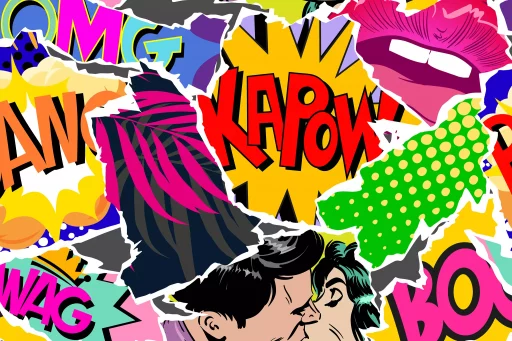Introduction to LARP Slang
Live Action Role Playing (LARP) is a unique and immersive way to bring fictional worlds to life. While participating in these fantasy scenarios, players develop a specific language and set of terms that help them communicate effectively. Understanding LARP slang can enhance your experience and deepen your connection with fellow players. In this article, we’ll explore common terms, their meanings, and share some real-life examples from the LARP community.
Essential LARP Terms
- Meta: Referring to knowledge or actions that are outside the game’s narrative. For example, a player might make decisions based on real-world knowledge rather than their character’s experience.
- OOC: Stands for “Out of Character,” referring to actions or conversations happening outside of the game context.
- IC: Stands for “In Character,” referring to actions, dialogue, or decisions that align with the character’s persona.
- NPC: Non-Player Character, someone who is not a player in a scene but plays a role, often controlled by the game master.
- Power Gaming: A term used for players who prioritize their character’s strength and abilities, often at the expense of narrative and character development.
The Evolution of LARP Slang
As LARPing has evolved since its inception in the late 20th century, so too has the slang associated with it. From tabletop RPGs to large-scale outdoor events, the terminology has adapted to fit various LARP styles. In the earlier days, much of the slang was derived from tabletop gaming, but as the community grew, unique terms emerged.
Case Studies: Real-Life Applications of LARP Slang
To illustrate the dynamic use of LARP slang, let’s explore two case studies from well-known LARP events.
Case Study 1: Empire LARP
Empire LARP, a popular British system, has developed a rich slang over several years. Players commonly use the term “namespace” to describe their character’s history and lore within the game universe. Here, new players often seek guidance from veteran players on how to create a compelling character, leading to friendly interactions that showcase both OOC and IC conversations.
Case Study 2: Nordic LARP
The Nordic LARP scene emphasizes immersion and emotional storytelling, leading to the adoption of terms like “bleed.” This refers to the emotional crossover between a player and their character. For example, a player might feel sadness after their character experiences a death in the game. Communities dedicated to supporting players in handling these intense feelings have also evolved, highlighting the social aspects of LARPing.
Statistics on LARP Participation
According to a 2020 survey by the American Association of Live Action Role-Players (AALR), over 300,000 people actively participate in LARP events across the United States. The survey included responses from players ranging from casual participants to dedicated members of established LARP groups.
- 70% of respondents reported using LARP slang in 90% of their gaming interactions.
- 60% of players felt that understanding slang improved their immersive experience.
- 45% of participants began using LARP slang within their first three events.
The Importance of Using LARP Slang
Using LARP slang isn’t just about fitting in; it has significant implications for communication and immersion. Here are a few reasons why understanding and using LARP slang can enhance your experience:
- Community Building: Using shared language fosters a sense of community among players, making it easier to collaborate and bond.
- Immersion: The correct slang helps players stay in character and enhances the overall immersive experience of the game.
- Game Dynamics: A solid grasp of LARP slang can help players interact with NPCs and fellow players more effectively, adding depth to the gameplay.
Conclusion
As LARP continues to grow and evolve, so too will its slang. Embracing this unique language can significantly enrich your LARP experiences, facilitating better communication and deeper connections with fellow players. Whether you’re a seasoned LARPer or a newcomer, diving into LARP slang is an essential part of becoming part of the community. So next time you pick up your sword (or staff), remember to embrace the language that brings these incredible stories to life!


